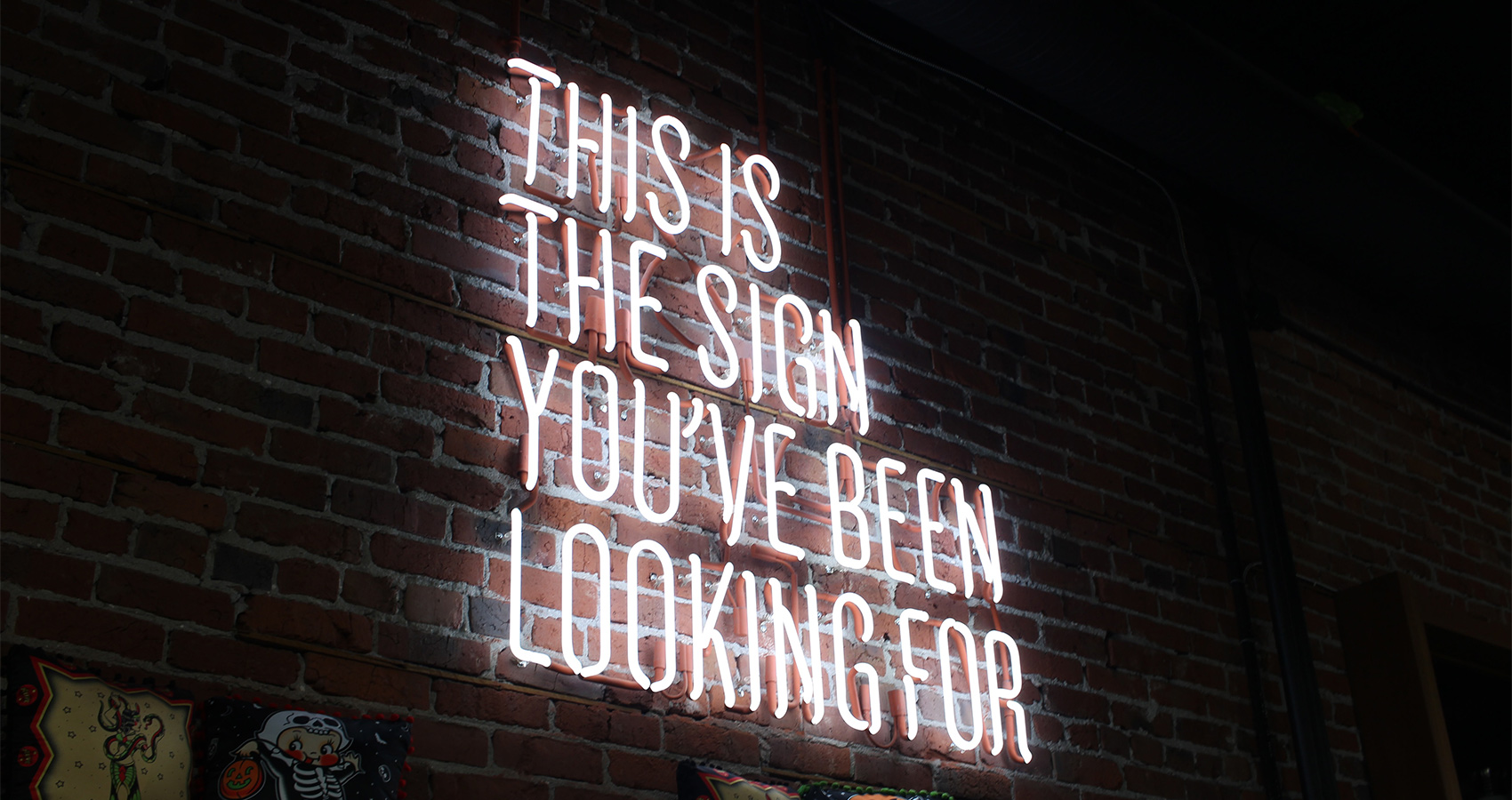
A Complete Guide To Mental Health Counseling For First-Timers
Seek professional help for mental health issues.
Simply existing or surviving isn’t what living is about. You should also strive to maintain a high standard of living, one that allows you to experience happiness and contentment. The reality, though, is that you’ll face obstacles and trying circumstances at times. There’ll always be things that might make you feel nervous or overwhelmed, whether they pertain to school, employment, or relationships.
In any case, that's to be expected. Each person experiences some form of adversity from time to time. That's why it's crucial to keep in mind that asking for assistance from friends, family, or professionals is perfectly acceptable.
According to Insight Northwest Counseling in Eugene, Oregon, taking care of your mental health is one method to ensure that you’re living your best life. When it comes to one's mental health, it's important to consider how one's emotional state, social environment, and psychological makeup all play a role. And it's true that occasionally, folks require a helping hand to better their mental health.
Thankfully, whenever you feel you need assistance with your mental health, you may always consult with trained specialists. Having these individuals in your life may lessen the burden of everyday concerns and equip you to persevere during challenging situations.
However, even though it's a good idea to seek professional help for mental health issues, coming to therapy for the first time can be an intimidating experience. So, to aid you in your mental health counseling, below is a comprehensive guide:
What You Should Look For In A Mental Health Counselor

Choosing the most appropriate mental health provider requires an understanding of the many types of providers and the services they offer. Clinical psychologists are the people you go to if you require a diagnosis and a tailored examination or treatment plan, for example. In addition, there are psychiatrists—both medical physicians and mental health professionals—who are able to make diagnoses and provide medicine. Primary care doctors, conversely, may often rule out serious diseases as a source of symptoms.
When deciding on a mental health care provider, it's crucial to do more than rely on word of mouth. Even if a close friend or relative recommends a therapist they know, you should still do some research to be sure they have experience with your particular issue.
Since compatibility is a strong predictor of therapeutic outcomes in mental health therapy, it’s in your best interest to look into potential providers independently. Online booking is available for many mental health counseling providers including Ledgehill Treatment Centre. But if you ever feel uncomfortable with your therapist, know that you have the option to choose another one. After all, you can't expect to make progress in mental health therapy unless you feel safe enough in your environment to open up and be honest.
When You Should See A Therapist

People seek out mental health therapy for a wide range of issues, and there are several causes of such issues. It has been connected to hereditary elements, physiologic components, and individual experiences.
While it's natural to feel stressed out from time to time, you should determine if those pressures are interfering with your everyday life. Additionally, if you find yourself experiencing physical, emotional, or behavioral shifts, it may be time to start looking for professional assistance. The same holds true for the subsequent signs and symptoms:
- Having trouble sleeping or sleeping too much
- Losing interest in activities you used to like doing
- Either a lack of or an abundance of hunger
- Lack of concentration
- Anxiety, exhaustion, and agitation
If you’re experiencing emotional distress such as sorrow or trauma or if you’re having difficulties in your relationships, it’s important to get assistance as well. Nevertheless, the best way to push through with mental health counseling is if you’re thinking about going.
How Long You Should See Your Therapist

When it comes to therapy for mental health issues, there’s no one size fits all. Remember that development is different for everyone. This is especially true due to the fact that mental health problems vary from person to person. Someone else might perhaps complete a counseling session for mental health before you. Nonetheless, this in no way indicates that your efforts are fruitless.
It might take many weeks, or even months, to form new habits and make a real, permanent improvement. After that, it’ll take several more months of consistent practice until the habit becomes an integral part of your routine and character.
However, there’s a rough estimate of how long you might expect to stay in therapy. A minimum of three to six months, or at least twelve sessions, is recommended. This will help you and your mental health counselor connect on a deeper level, which is crucial to the therapeutic process. Consequently, they’ll aid you in accomplishing your objectives and bringing about positive transformation in your life.
How To Set Goals

You should have a good idea of what you want to get out of counseling before your first appointment. The Eisenberg Family Depression Center at the University of Michigan suggests that making objectives is an effective way to take control of your life and your mental health.
You might begin documenting your aspirations with more immediate targets. For instance, you'd want some guidance in cutting down on your usage of electronic devices and social media. On the other hand, you want guidance in establishing or enhancing your current routines of healthy eating, restful sleeping, and physical activity.
However, if you're looking at the big picture, it may be more helpful to focus on eliminating the sources of your stress and negative emotions, or on developing and refining more constructive coping strategies. Your therapist can then help keep you responsible and make sure you're both headed in the same direction if you share your goals with them at the outset.
Don't worry if you have no idea why you're seeking treatment or what you want to accomplish by doing so. Although knowing what you want to accomplish is important, it's also natural to be confused or want assistance in this area. Therapy can help with it.
How To Prepare Yourself Before The First Session

Assuming you've decided to seek professional help for your mental health and have scheduled an appointment with a therapist, the next step is to be ready for your visit.
You may feel anxious before the meeting, so it's crucial to prepare yourself mentally. For this reason, it’s recommended that you schedule some quiet time for yourself before your first session. You should do this since revealing your feelings might be challenging. And while this is a natural response, it might be detrimental to your session.
You should also think of some questions you'd want to ask your therapist ahead of time. Inquire about the therapist's background, their approach, or anything else that piques your interest. Keep in mind that there are no bad questions to ask a counselor who specializes in mental health. Your therapist may not have the solution right away, but it's still worth a shot because they can likely point you in the right direction.
In addition, you should dress comfortably for your first session. In the same way that mental comfort complements physical comfort, this will help you feel more at ease. You should also fuel up before visiting your therapist. Consuming an appropriate quantity of meals before the therapy might improve concentration.
What You Should Do During The First Session

The first time you see your mental health counselor, they’ll ask you a series of questions designed to help them learn more about you. Your therapist may probe for details about your early life and family. Others may inquire about your state of mind, concerns, or the reason you sought them out. Do your best to give truthful answers to the questions. If you don't, your therapist will be unable to assist you to reach your goals for treatment.
Furthermore, remember that it's normal to feel anxious or overwhelmed. Feel free to express any and all of the feelings that are now residing within you. The therapist won’t put you down for showing emotion, so feel free to cry if you need to. They’ll also hold your conversation in the highest regard for confidentiality.
What To Do After The Session

It's possible that you'll feel exhausted or drained once your session is complete. This is quite natural as expressing your emotions might take a lot of energy.
You should hold off on checking your phone once the session ends. Instead, give yourself time to think about and digest your therapy session. Writing in a notebook or journal to record your thoughts on the counseling process is also highly recommended.
Conclusion
A first-time visit to a counselor for mental health issues might be intimidating. That's why it's crucial to prepare yourself with relevant information before beginning therapy, so you can reach your objectives. You’ll also need to be patient since progress won't be immediately noticeable.
In conclusion, if you've been considering treatment, use the ideas mentioned here as an indication that you should go.











